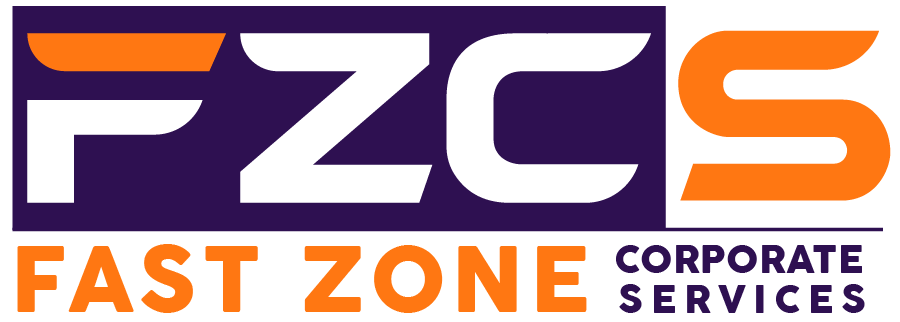About Work Visa
A work visa is a legal document issued by a country’s government that allows a foreign national to legally work in that country for a specified period of time. Work visas are typically required when an individual wants to work in a country other than their own. The specific requirements and processes for obtaining a work visa vary depending on the country and the type of work being pursued.
Key points about work visas include:
- Types of Work Visas: Different countries offer various types of work visas, depending on factors such as the nature of the job, the length of stay, and the qualifications of the applicant. Common types of work visas include skilled worker visas, temporary work visas, intra-company transfer visas, and entrepreneur visas.
- Eligibility Criteria: Each country sets its own eligibility criteria for work visas. These criteria often include factors such as having a valid job offer from a local employer, possessing specific skills or qualifications that are in demand, demonstrating financial stability, and passing background checks.
- Application Process: The application process for a work visa typically involves submitting an application form, supporting documents (such as a job offer letter, passport, and proof of qualifications), and paying any required fees. In some cases, applicants may also need to attend an interview at the consulate or embassy of the country where they wish to work.
- Duration of Stay: Work visas are usually granted for a specific period of time, ranging from a few months to several years, depending on the country and the type of visa. In some cases, work visas may be renewable or may allow for eventual permanent residency or citizenship.
- Employment Restrictions: Work visas often come with certain restrictions on the type of work that can be performed, the employer that can be worked for, and the duration of employment. Violating these restrictions can result in the revocation of the visa and potential deportation.
- Dependents: Some work visas allow for the visa holder’s immediate family members (such as spouses and children) to accompany them to the host country. In such cases, dependents may be eligible for dependent visas, which allow them to reside in the country but usually do not grant them permission to work.
- Renewal and Extension: Depending on the country and the type of visa, work visas may be renewable or extendable. Renewal or extension usually requires demonstrating continued eligibility and compliance with visa conditions.

Documents for visa application
The specific documents required for a work visa application vary depending on the country and the type of visa being applied for. However, some common documents typically required for most work visa applications include:
- Valid Passport: A valid passport with an expiration date that extends beyond the intended duration of stay in the host country.
- Visa Application Form: Completed and signed visa application form, which is usually available on the website of the embassy or consulate of the host country.
- Passport-Sized Photographs: Recent passport-sized photographs meeting the specifications outlined by the host country’s immigration authorities.
- Job Offer Letter: A formal job offer letter from an employer in the host country, detailing the terms of employment, including job title, salary, duration of employment, and any other relevant information.
- Proof of Qualifications: Documents proving the applicant’s qualifications and skills relevant to the job, such as educational certificates, professional licenses, or letters of recommendation.
- Proof of Financial Means: Evidence demonstrating the applicant’s ability to support themselves financially during their stay in the host country, such as bank statements, proof of income, or sponsorship letters.
- Health Insurance: Proof of health insurance coverage that meets the requirements of the host country, ensuring that the applicant will have access to medical care during their stay.
- Police Clearance Certificate: A police clearance certificate or criminal record check from the applicant’s home country or any other country where they have resided for an extended period, demonstrating good character and no criminal history.
- Medical Examination Report: In some cases, a medical examination report conducted by an approved healthcare provider, confirming that the applicant is in good health and free from contagious diseases.
- Proof of Accommodation: Evidence of accommodation arrangements in the host country, such as a rental agreement or hotel reservation.
- Additional Documentation: Depending on the specific requirements of the host country, additional documents may be requested, such as a cover letter explaining the purpose of the visit, travel itinerary, or proof of ties to the home country.
